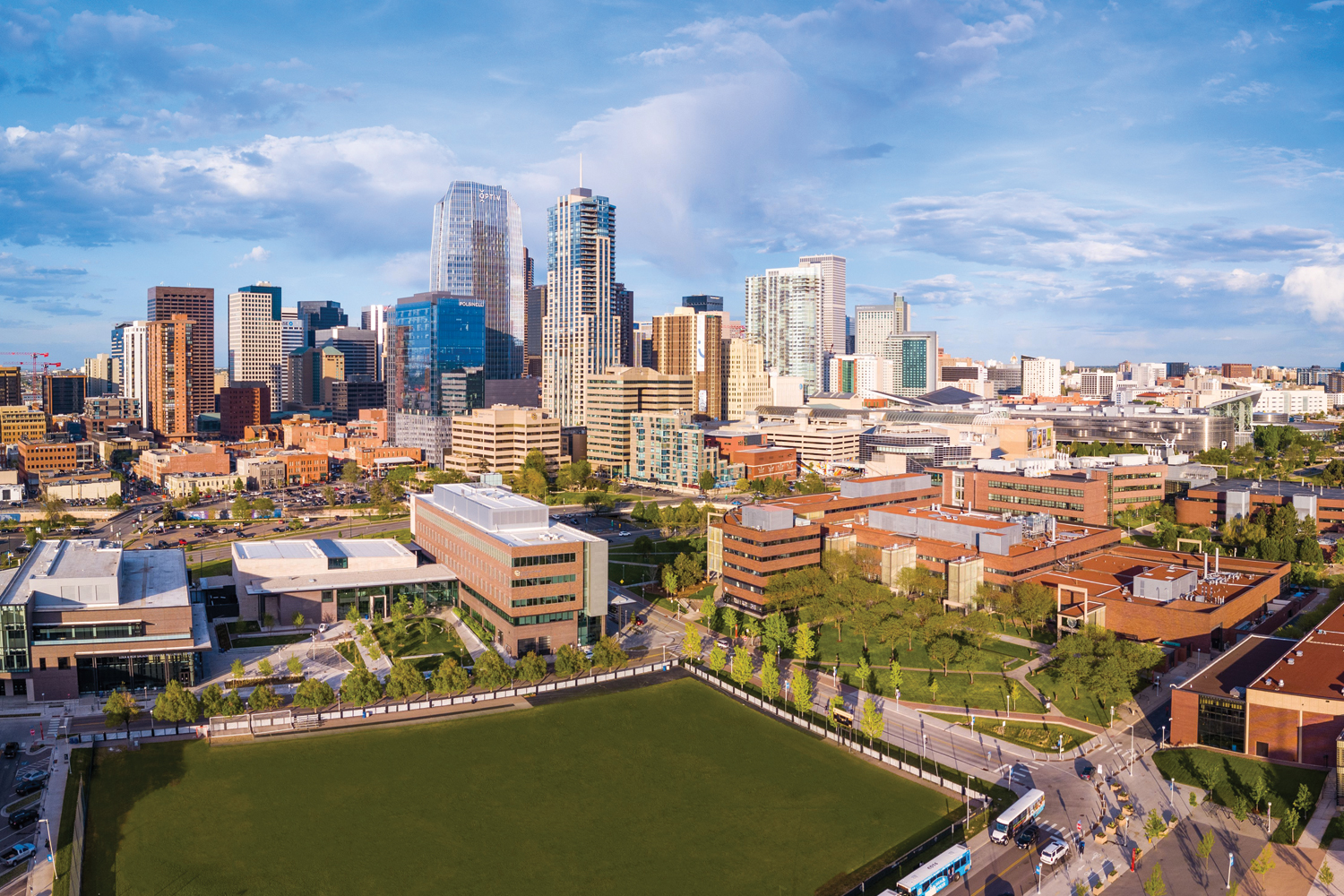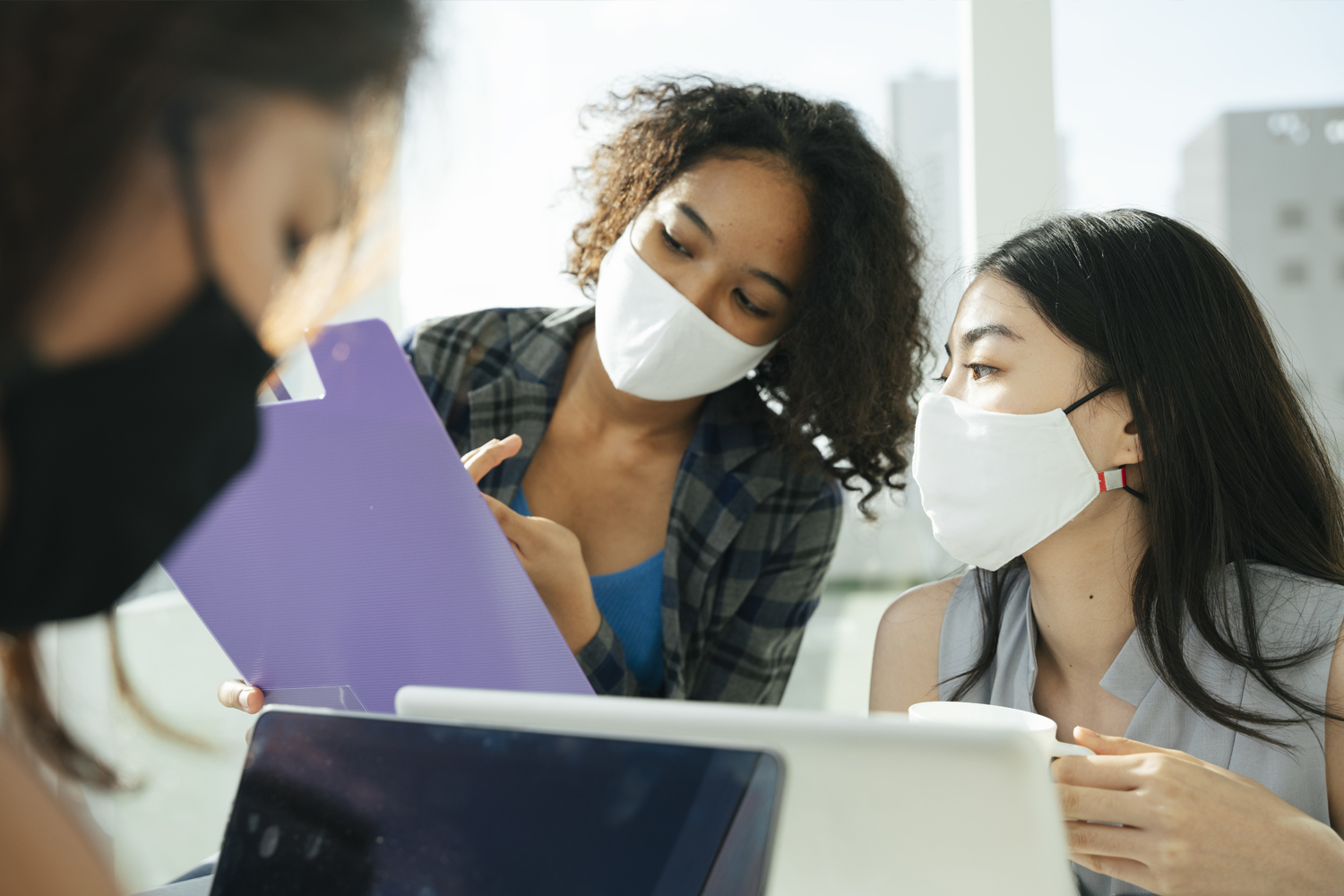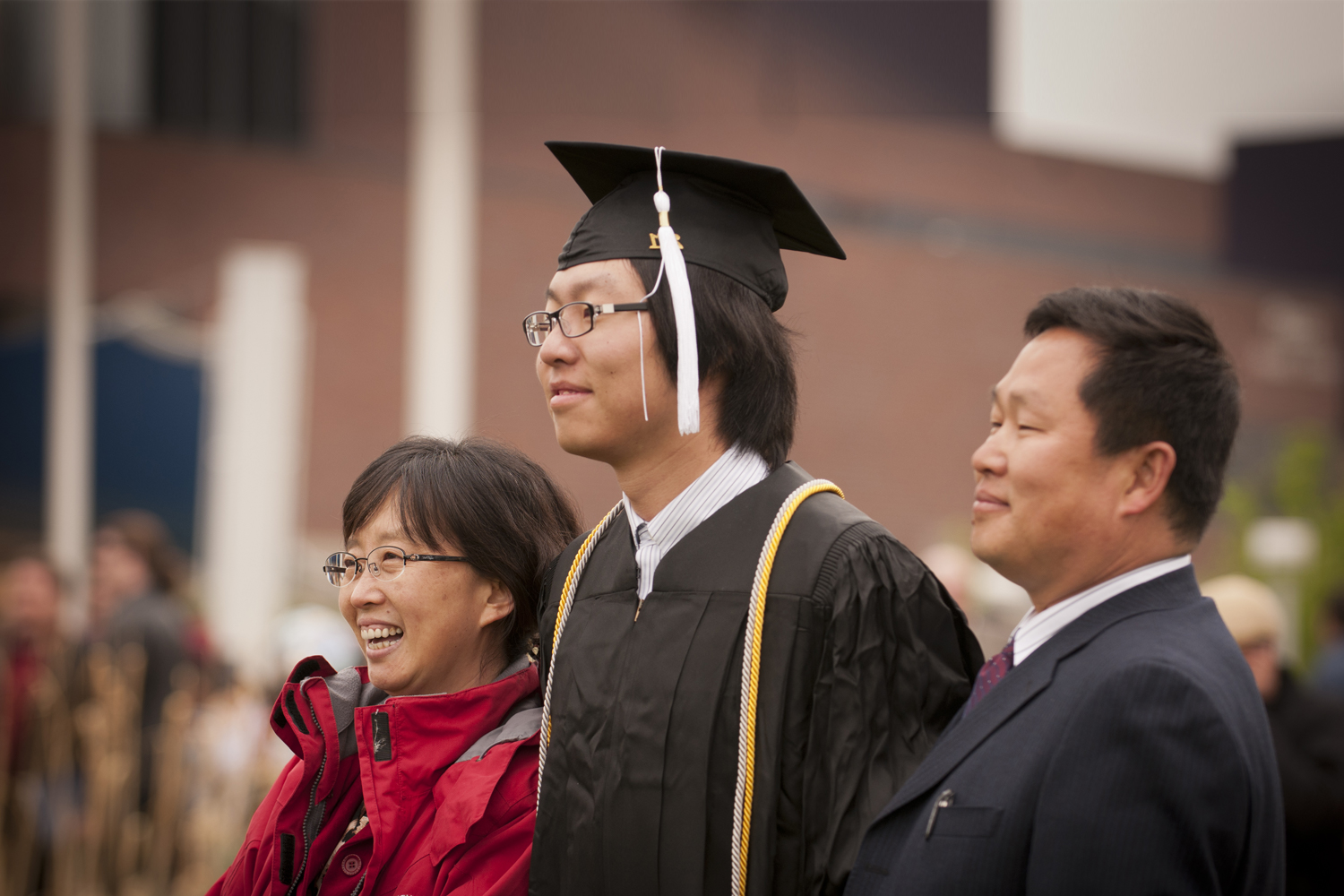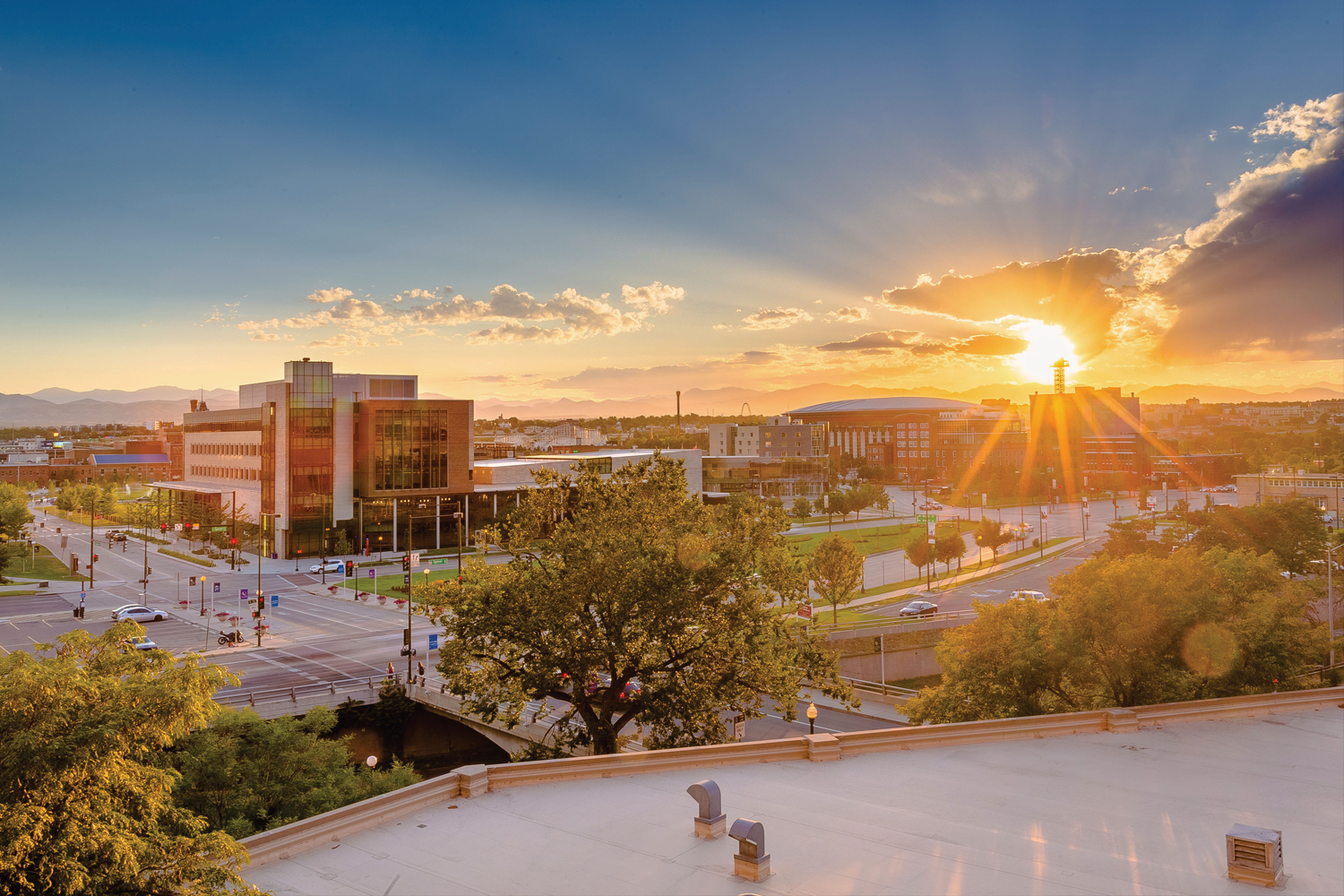Odalis Castro’s Fulbright Award Will Fund Skin Cancer Research in Poland
Jun 3, 2021
If anyone knows about the value of persistence and determination, it’s Odalis Castro. On top of completing her final year at CU Denver, she spent countless hours applying for a Fulbright U.S. Student Program Research Award, one of the most prestigious academic exchange programs that provide grants for students to study research in another country. Her hard work paid off: She will spend the 2021-22 academic year conducting skin cancer research in Kraków, Poland.
“As a Fulbright recipient, my goal is to serve as a cultural ambassador for the U.S. abroad while simultaneously establishing an international collaboration in the sciences,” said Castro, who earned a bachelor’s in Bioengineering from the College of Engineering, Designing and Computing. “I hope to showcase the presence of Hispanic culture in the U.S. while immersing myself in Polish culture and collaborating with scientists in Poland.”
FINDING HER PASSION IN THE SCIENCES
Castro, a Denver native, wasn’t sure what she wanted to do after high school, but she always considered college as a next step. As a first-generation student, her family was supportive, but they didn’t know much about the application process. So, she relied on her first-generation peers and the resources at her high school, which eventually led her to CU Denver.
Unsure of what to major in, Castro’s freshman year was difficult, she said. Then, she took a class from Charles Ferguson, Ph.D., professor of integrative biology. “The way he taught really sparked my interest in science. I started taking more courses and realized, this is something I want to pursue,” Castro said. “I will always remember his last day of class speech, during which he stressed what it means to be a good person, a good student, and the importance of being kind in the world.”
Once she had discovered her passion for science, Castro started cold emailing researchers to hone in on a discipline. She heard back from Clyde Wright, MD, an associate professor in pediatrics-neonatology at the CU Anschutz Medical Campus who also does basic science research. He invited her to his lab and she jumped at the offer. “He was really involved—he came into the lab and checked in daily,” Castro said. “If you put in the work, he gave you the opportunity to publish your work or be included in research.” Because of that lab, Castro’s research in immunology has been published in three scientific journals, including Frontiers in Immunology, Scientific Reports, and Innate Immunity.
PURSUING A FULBRIGHT AWARD
Castro first heard about the Fulbright Award as a sophomore. “When I would look at the Fulbright scholarship directory, it was always students who seemed wonderful and super smart, students who went to Ivy League universities,” Castro said. When she went to a Fulbright LatinX meeting virtually, her beliefs about the scholarship program changed. “They said, ‘Fulbright is a prestigious but not elitist award,” she said. It was during her junior year when she thought, if I’m going to apply, I need to do it now.
Castro started contacting Fulbright scholars from across the country. They were very generous with their time, offering to help with mock interviews, essays, and other components of the application process. Under the guidance of Jean Scandlyn, PhD, research associate professor in the Departments of Anthropology and Health and Behavioral Sciences, Castro found a host in Poland.
“I originally thought I would go to a Spanish-speaking country because I speak Spanish,” Castro said. “But Poland really stood out because in their description they strongly encouraged women in STEM to apply.”
This fall, after spending the summer studying for the MCAT, Castro will begin a nine-month project in Kraków, Poland, alongside a researcher who specializes in skin cancer, particularly skin cancer cells and proteins. Castro’s academic background in immunity and cellular signaling systems have prepared her for this work, she said. “Our goal is to try to find, at the molecular level, some kind of therapy so we can move toward curing skin cancer at the molecular level,” she said.
Castro’s motivation for continuing research in the field of skin cancer comes from her experience volunteering at free health clinics across the Denver metro area. She explained: “When we see patients, many who are people of color, for a dermatology clinic, many of them are unaware of skin cancer and how it might affect them.” She hopes to create awareness of skin cancer in patients of color in her future career in medicine.
The Fulbright award covers a monthly stipend and move-in stipend, as well as additional funds needed for research and travel. Her goal is to serve as a cultural ambassador for the U.S. abroad while simultaneously establishing an international collaboration in the sciences. “I hope to showcase the presence of Hispanic culture in the U.S. while immersing myself in Polish culture and collaborating with scientists in Poland,” Castro added. “Upon my return to the U.S., I will be applying to medical school to serve Spanish-speaking populations in the U.S., while developing international scientific collaborations.”
As a first-generation student, Castro never imagined applying for a program as distinguished as the Fulbright, and she owes much of her success to the CU Denver community for supporting her in what she calls a once-in-a-lifetime opportunity.
“My advice for students, and for other first-generation students, is just go for it—try things you aren’t comfortable with, take classes outside of your majors, join an organization,” Castro said. “See if you like it and you will find these intersections that open doors for amazing opportunities.”
Congratulations to two more CU Denver students who received Fulbright Awards: Peyton Gibson, who received her master’s student in transportation engineering this spring and will be going to the Netherlands; and Christina Ebben, a graduate student in the Department of Mathematical and Statistical Sciences who will be going to Brazil.
By Alex Dewind






